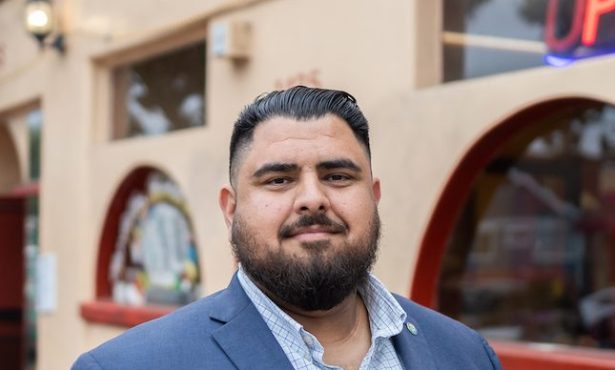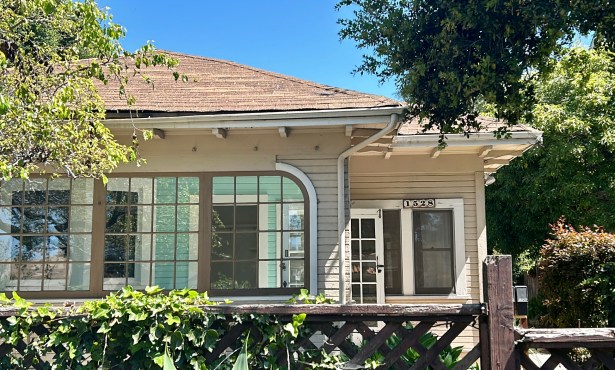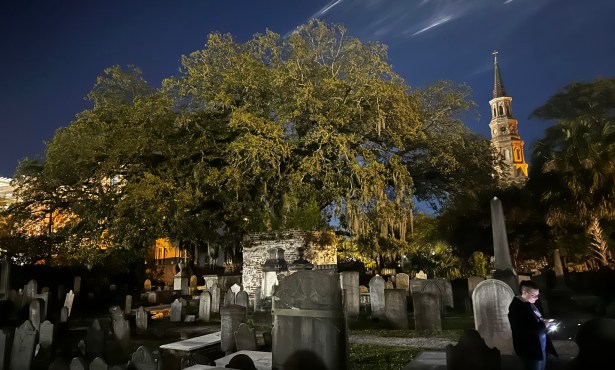Friendship Center Aids Elderly Goletans
Adult Care Said to Average $45 a Day per Enrollee
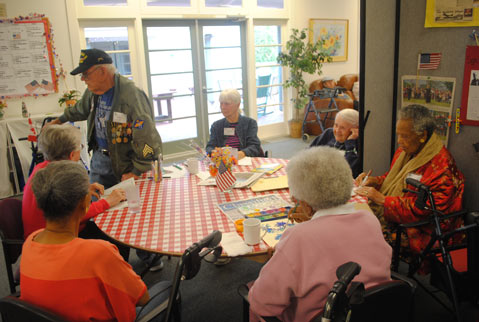
For most of us, there’s no escaping the infirmities of advancing age or, if a member of the so-called “sandwich generation,” caring for increasingly frail loved ones. Even those of us who try hardest to ease the pain and discomfort of the disabled or impaired elderly can some days feel our energies flag. Caregivers may need a break before they break down.

Because I was in this situation a few years ago, I empathize with caregivers wanting to provide a safe, individually appropriate social and physical environment for the loved one while taking personal time to nurture their own mental health. It was heartening to learn about the expansion of adult daycare resources on the South Coast, and in particular of Goleta’s modest new Friendship Center.
This adult daycare center opened in mid-2011 at 820 North Fairview Avenue. It shares a complex of frame buildings with the Live Oak Unitarian Universalist Congregation but has no religious affiliations, according to Rose Gray, social services coordinator at the Goleta facility. She manages what is a smaller sister facility to the original, Montecito-based Friendship Center, which was founded in 1976 and moved to its Eucalyptus Lane location three years later.
The two centers seek to “preserve and enrich the quality of life for aging and dependent adults through innovative programs that value the dignity and worth of every person,” declares their mission statement. Both are open from 8 a.m. to 5 p.m. Monday through Friday, provide a lunch, and charge fees based on a sliding scale that are considerably less than those levied by most residential daycare providers.
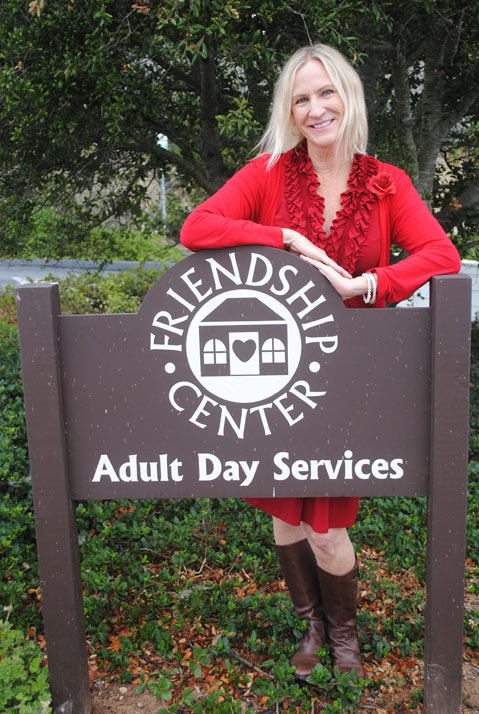
The high cost of local daycare drove the founding of the Friendship Center 37 years ago, and the fight for affordability continues to keep fees low. “Forty-five dollars is our average daily fee,” said Heidi Holly, executive director for the two centers. She estimated the daily cost for local residential care is more than double that.
Under a contract with the Veterans Administration, qualified veterans are not charged at either center, said Holly, who has worked 28 years for the Friendship Center. The veteran does have to be registered for VA benefits before he or she can be enrolled in one of the centers.
With variations, each center offers similar programs that emphasize social interaction. Table games, music, and singing, as well as stretching and strengthening exercises, are common activities. Goleta also has an interest group dedicated to armchair travel while the Montecito center organizes koosh ball games once a week. The lunch menu is the same at the two locations.
Members, as enrollees at the centers are known, have their medications and doctors’ orders checked regularly. “That’s why we have a registered nurse on staff,” said Gray. One nurse serves both centers. Each has a support group for the caregivers.
The professional-staff-to-members ratio varies from around one to six at Montecito to one to eight at Goleta, but that depends partly on how many people arrange for service on a given day. Capacity at the two centers is about 50 for the former and 25 for the latter.
Unpaid volunteers, who receive on-the-job training, supplement staff care for those with early-stage Alzheimer’s or other forms of dementia, dependent adults, and others who may simply desire company. Office help is also needed, said Holly. Many of the Goleta volunteers are students from UC Santa Barbara, said Gray, who formerly worked as an adviser in the university’s Department of Psychology.
A weekly excursion for ambulatory seniors with early memory loss, which is open to nonmembers, is known as the Adventuresome Aging Program. On Tuesdays people participate in four-hour outings to local museums, Lotusland, the harbor, various beaches, and other points of interest. The cost is $75, which includes lunch. Similarly, a brain fitness program called Connections is open to everyone and has a separate fee of $50 a week, lunch included.
While designed to keep members as happy and actively engaged as possible, the centers also educate caregivers, as well as support their mental health. Not only do caregivers find respite from daily stresses, but a variety of free workshops and classes with experts also help people plan for an often uncertain future.
For example, “Understanding Financials” is the topic for September 26’s free caregivers workshop at 6 p.m. in the Montecito center. Another technically free event (but $20 donation suggested) is the Caregiver’s Retreat on October 19 from 9:30 a.m. to 3:30 p.m. at 89 Eucalyptus Lane. While not yet finalized, the program will include massages and lunch. “We just want to take care of the caregivers,” said Holly.
Fundraising is crucial to holding fees at the Friendship Centers within the range of low-income families. Two tent pole events for the centers are the Wine Down, a Friday wine-tasting and hors d’oeuvres at the Montecito center on August 23 for $65 a head, and a HEART (Help Elders at Risk Today) Festival next February 15. For more information call (805) 969-0859.
For a tour of the Goleta Friendship Center, call (805) 845-7454.

